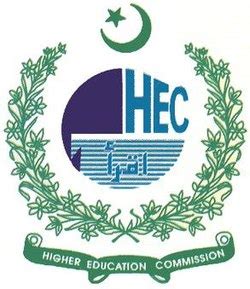Political Instability and Investment Behaviour in Pakistan
DOI:
https://doi.org/10.51732/njssh.v9i1.160Keywords:
political instability, error correction, institutional quality, foreign direct investment, private investmentAbstract
The study investigates the impact of political instability on FDI and private investment in Pakistan from 1990-2019. Control variables include trade openness, inflation, real GDP, and interest rate differential. We have employed Zivot and Andrews stationarity test. The study makes use of the recently introduced dynamic ARDL simulation framework. The long-run results of our first object show the negative association between FDI and political instability. They concern the factors we used as controls, trade openness, real GDP, and interest rate differential boost the FDI inflows, whereas inflation remains insignificant. The short-run result infers that the rate of adjustment is about 25%. As for our second objective, the dynamic ARDL model's long-term findings indicate that political instability deteriorates private investment. As for as control variables are concerned, trade openness and real GDP are positively associated with private investment, whereas interest rates dampen it. Inflation remains insignificant in affecting private investment. Short-run results show that the speed of adjustment is 53% annually. It is suggested that the government is responsible for creating an atmosphere promoting domestic and foreign investment. Investor confidence will be boosted through greater governance, higher institutional quality, and political stability.








